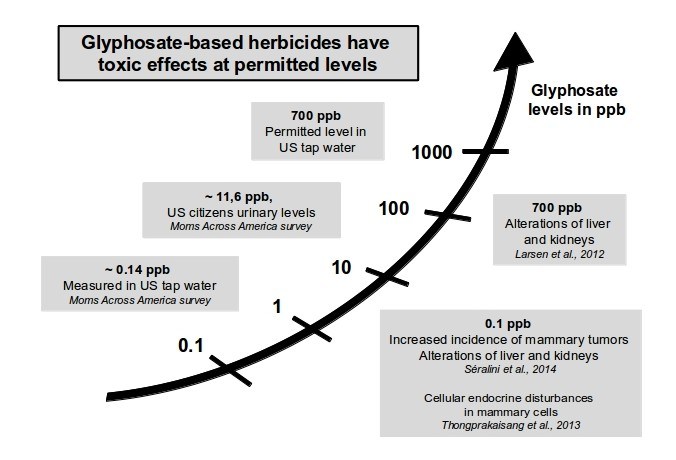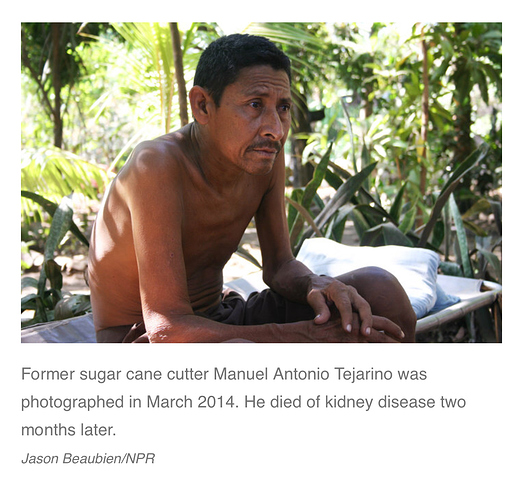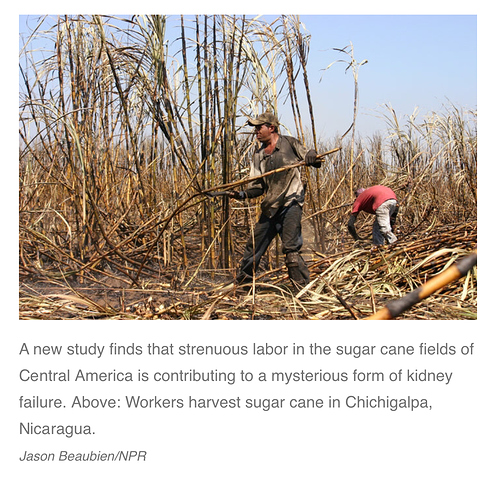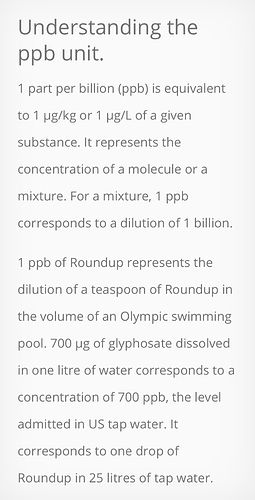This is total amazing BS. Blame the victim of your disease causing chemicals!
Direct from the sugar industry to you
My grandparents used to talk about people having “sugar diabetes.” Nuff said.
I find this interesting -
But to suggest that dietary sugar might cause or contribute to type 2 diabetes needs strong scientific evidence that demonstrates that either sugar increases body weight and body fatness (necessary for type 2 diabetes), or that sugar has some kind of unique effect that leads to 2 diabetes, irrespective of weight or body fatness.
Does insulin activity fall into this category? 

Yeah, you knew it was unsustainable and would kill you, right? 
P.S.—Anyway, it can’t be sugar that causes diabetes, because we all know that diabetes is caused by red meat! 
Wow, great effort!
And yet, not more convoluted than the arguments supporting the idea that sugar (read carbs) doesn’t cause diabetes.
“…There is nothing special about sugar that sets it apart from other foods, and sugar does not cause type 2 diabetes on its own. Generally, people eating lots of sugar tend to have poorer diets and unhealthier lifestyles. These, as well as other factors including urban growth patterns, the built environment, the food environment, stressful jobs, poor sleep and food pricing probably contribute more to the rising incidence of type 2 diabetes than dietary sugar. …”
If the all the sugar cane workers/harvesters in Mesoamerica and around the world that work in agriculture and agrochem industry are dying of Chronic Kidney Disease (CKD)? What the hell else is in that sugar we’re eating? I ain’t eating that sh#t?
Somebodies getting paid off and driving nice a Mercedes Benz? Who hooo look at that dash…

Have you had your daily dose of glyphosate?
I was in Nicaragua this year, the sugar cane is mainly used to make rum, which when it is distilled doesn’t give much of an insulin response, I am not sure how much goes in to the food supply. The workers are paid by the pound of sugar cane they harvest, They often work through the hottest parts of the day and I think I read that they are becoming sick from Massive Dehydration. Not sure but there may be more factors!
Is it not coincidental that CKD and the research on the effects of glyphosate show the highest effect from immediate exposure is kidney damage? They put glyphosate in the pesticides too and spray it on crops to dry them faster?
The things that make me go hmmmm?
Chelatation Agent? Not necessarily a toxin but sucking [depleting] rare trace elements and minerals out of the body before they can be replaced or replenished?
”…1 ppb of Roundup represents the dilution of a teaspoon of Roundup in the volume of an Olympic swimming pool. 700 µg of glyphosate dissolved in one litre of water corresponds to a concentration of 700 ppb, the level admitted in US tap water. It corresponds to one drop of Roundup in 25 litres of tap water. …”
”…Converging lines of evidence have demonstrated that Roundup residues pose a risk to the kidneys and the liver. In the study performed by Professor Gilles-Eric Séralini, rats treated with 0.1 ppb of Roundup presented an increased rate of severe chronic kidney disease [11]. This may also explain observed increases in the frequency of chronic kidney disease among farmers [15]*. The liver was also affected; rats treated with 0.1 ppb Roundup presented more liver abnormalities such as congestion or necrotic (dead) areas [11]. In another study [16], Wistar rats were exposed during 30 or 90 days to the highest level (700 ppb) of glyphosate allowed in water for human consumption in USA. While no tissue changes were detected in the study, changes in the biochemistry indicated stress at the level of the kidneys and the liver. All these effects are detected well below regulatory thresholds, in a range of concentrations corresponding to potential human exposures to glyphosate-based herbicide residues. …” …More

Dr. Mercola Interviews Dr. Samsel on the Dangers of Glyphosate
Understood, so the whole dehydration thing feels like a Red-Herring. It feels like the Fat makes you Fat argument. Thanks for the info @atomicspacebunny!
“…Occupational exposure to glyphosate may occur through inhalation and dermal contact with this compound at workplaces where glyphosate is produced or used. Occupational workers and home gardeners may be exposed to glyphosate by inhalation and dermal contact during spraying, mixing, and cleanup. They may also be exposed by touching soil and plants to which glyphosate was applied. Dermal exposure may also occur during glyphosate’s manufacture, transport, storage, and disposal. In a 1987 California survey of pesticide-related occupational exposures, exposures to glyphosate were (work activity, number exposed): ground applicator, ground, 13; applicator hand-held, 8; applicator, other, 1; coincidental exposure, 4; mixer/loader, ground application, 4(1). Monitoring data indicate that the general population may be exposed to glyphosate via ingestion of drinking water and dermal contact with consumer products containing glyphosate(SRC). …”
Abstract: PubMed (1) Maddy KT et al; Rev Environ Contam Toxicol 114: 57-123 (1990) Source: HSDB Record Name: GLYPHOSATE
URL: https://toxnet.nlm.nih.gov/cgi-bin/sis/search/r?dbs+hsdb:@term+@rn+@rel+1071-83-6



